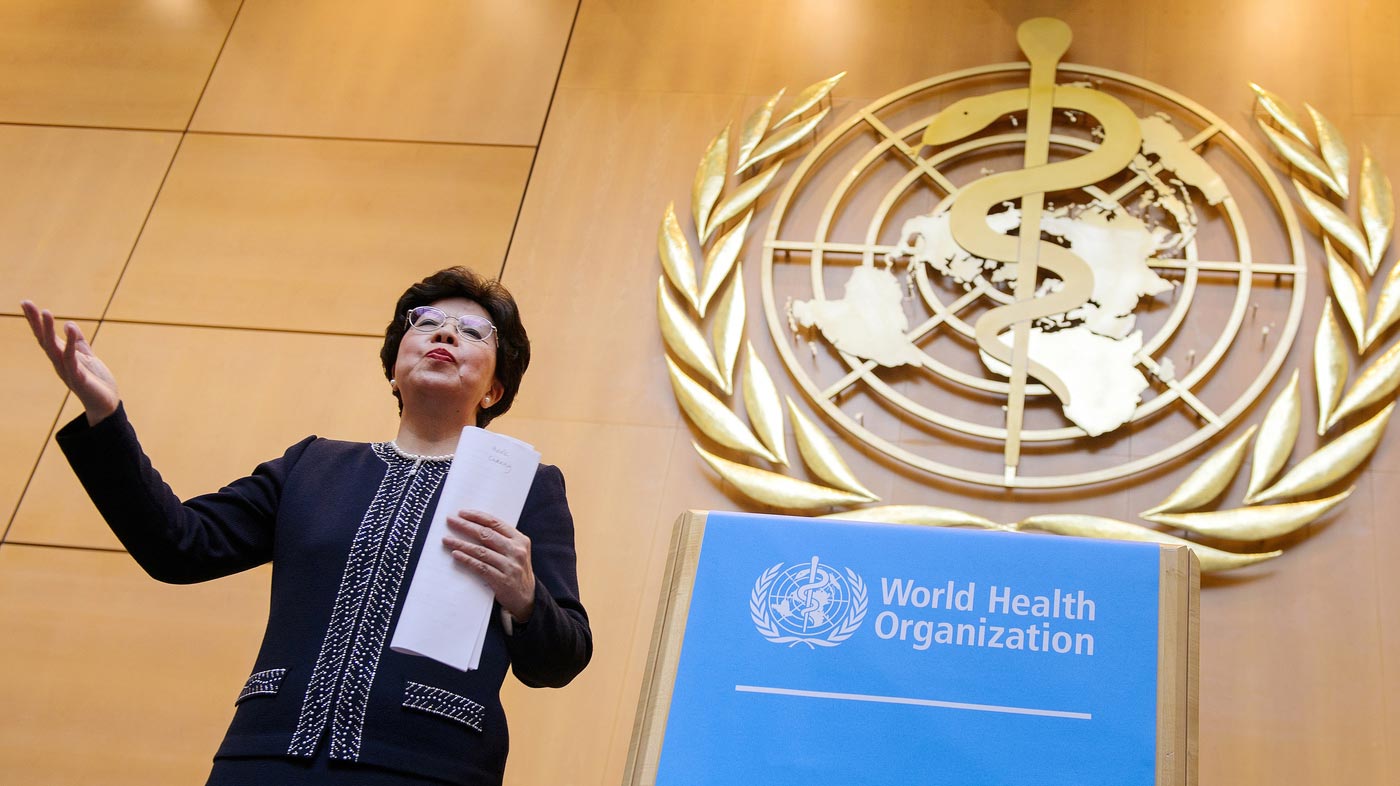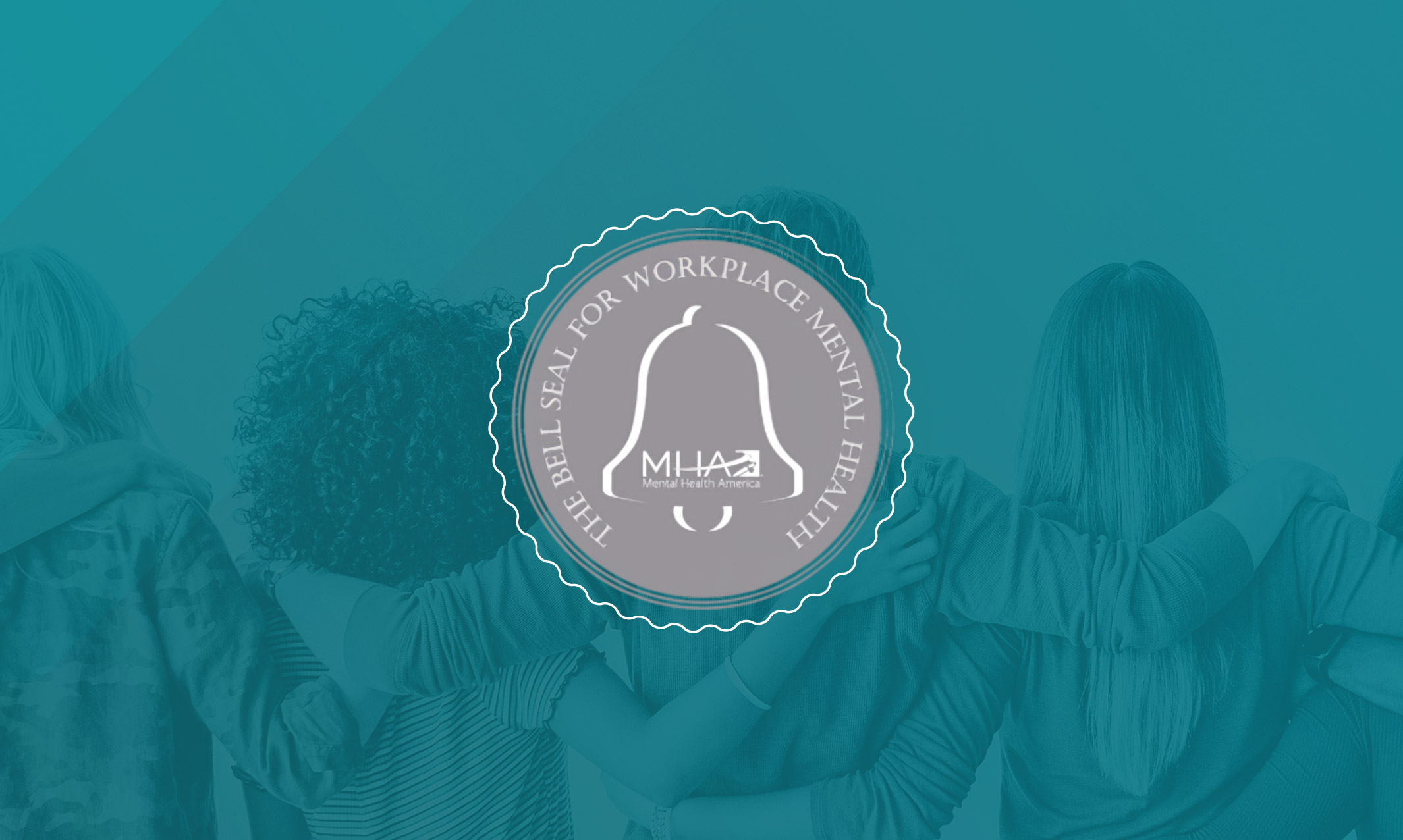It is time to stop beating around the bush: mental health is our next big crisis. It is not just your crisis, your neighbor’s crisis, or the person on the news’ crisis. It is all of our crisis and we are in this together. None of us are alone. Truthfully, we always have been in this together. But our actions in the past – done with the sincerest care and best intentions – hindered the eradication of that impending crisis.
The World Health Organization has deemed mental health our next big crisis. Let us be honest with ourselves. We did not need the WHO to make this statement. It was a reality we all knew we would face, whether we realized it consciously or not. With more than 56% of adult Indiana residents having a mental illness but not receiving help, it is clear that this crisis was known about and swept under the rug for decades. The words “mental health” or “mental illness” hold a stigma in society of negativity, unworthiness, or incompetency. It has been scary for those of us with mental health concerns to come forward or disclose it or even get help. The numbers prove this – Indiana ranks 45th out of the 50 states and District of Columbia for prevalence of mental illness and access to mental health care. We have been embarrassed to walk into the few accessible mental health centers or park our cars in the lot where acquaintances might see. That ends. Today.
For the World Health Organization to put mental health as the next big crisis is major. This is the same organization that calls out physical ailments or injuries – heart disease, strokes, and road injuries – as being the top killers internationally. By starting this conversation surrounding mental health, the members of the WHO are thrusting mental illness into a new light: it is, undoubtedly, analogous to physical health and should be treated as such. The WHO believes in fixing this crisis so deeply, that member states adopted a Comprehensive Mental Health Action Plan in 2013 that will run for 8 years until 2020.
We all worry about our physical health. Some more than others. Some seemingly not at all. But we at least have an understanding of what physical health means. They are undisputed facts that are accepted from a young age in health classes and certification courses. If you suffer from diabetes, you go to the doctor and likely start taking insulin. If you break your leg, you go to the doctor and get a cast and maybe some medication for any pain. But if we have depressive episodes or thoughts of ending our lives, we have been taught to hide it. We have been taught that we will not get a good job if we do not hide mental illness from our employers, our friends will not care to be around us, and that our families will be dishonored.
So we have physical health on the one hand, that evidently is not an embarrassment or something to be ashamed of, according to society’s current standard. On the other hand, we have mental health that is viewed in the complete opposite light. Why? The two terms share the same word: health. They are both terms that relate to our being. And both physical and mental health can be improved.
Stop looking at physical health and mental health on two hands – rather, let us bring our hands together and look at health as our biggest priority… as one. Health encompasses our physical bodies, our mental states, our emotions, and any spirituality one believes in. Each piece contributes to our overall health, and neglecting even one is a disservice to ourselves, our loved ones, and our communities. The Mental Health Foundation supports the idea that worsening mental health can contribute to deteriorating physical health. This deterioration can come in the form of psoriasis, heart disease, and respiratory disease – to name a few.
Let us step out from behind the treelines and park our cars with pride in knowing that our mental health is nothing to be ashamed of and that we are not alone.






